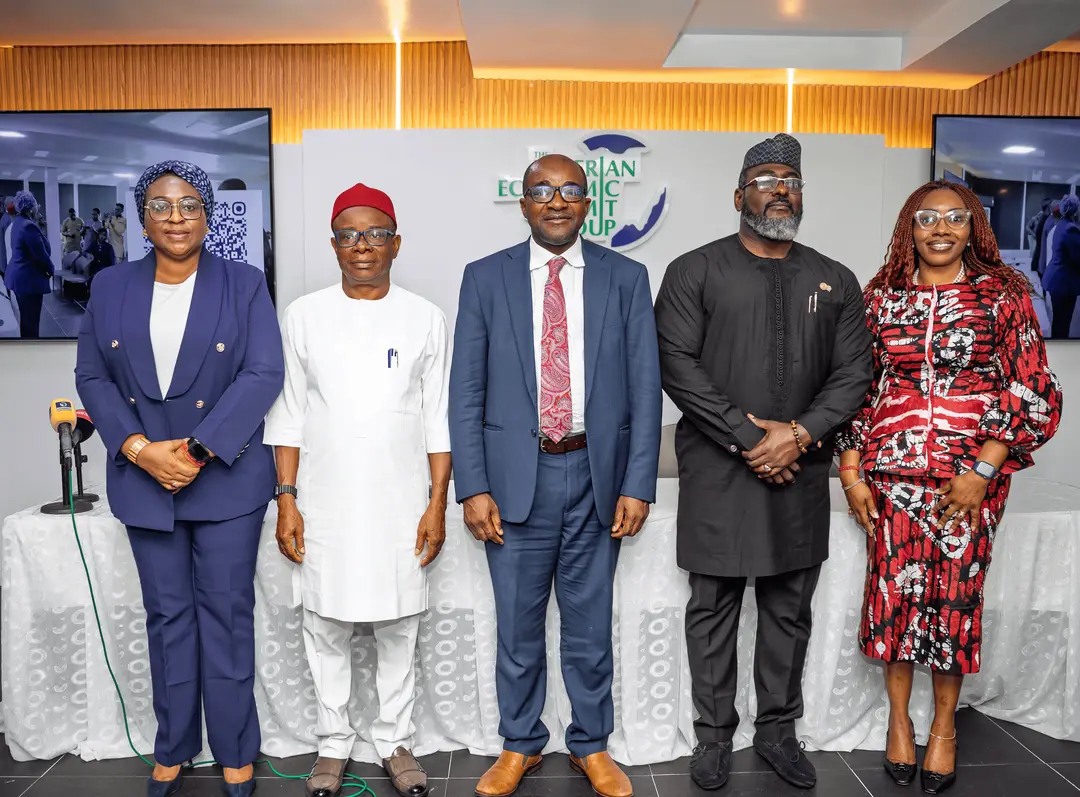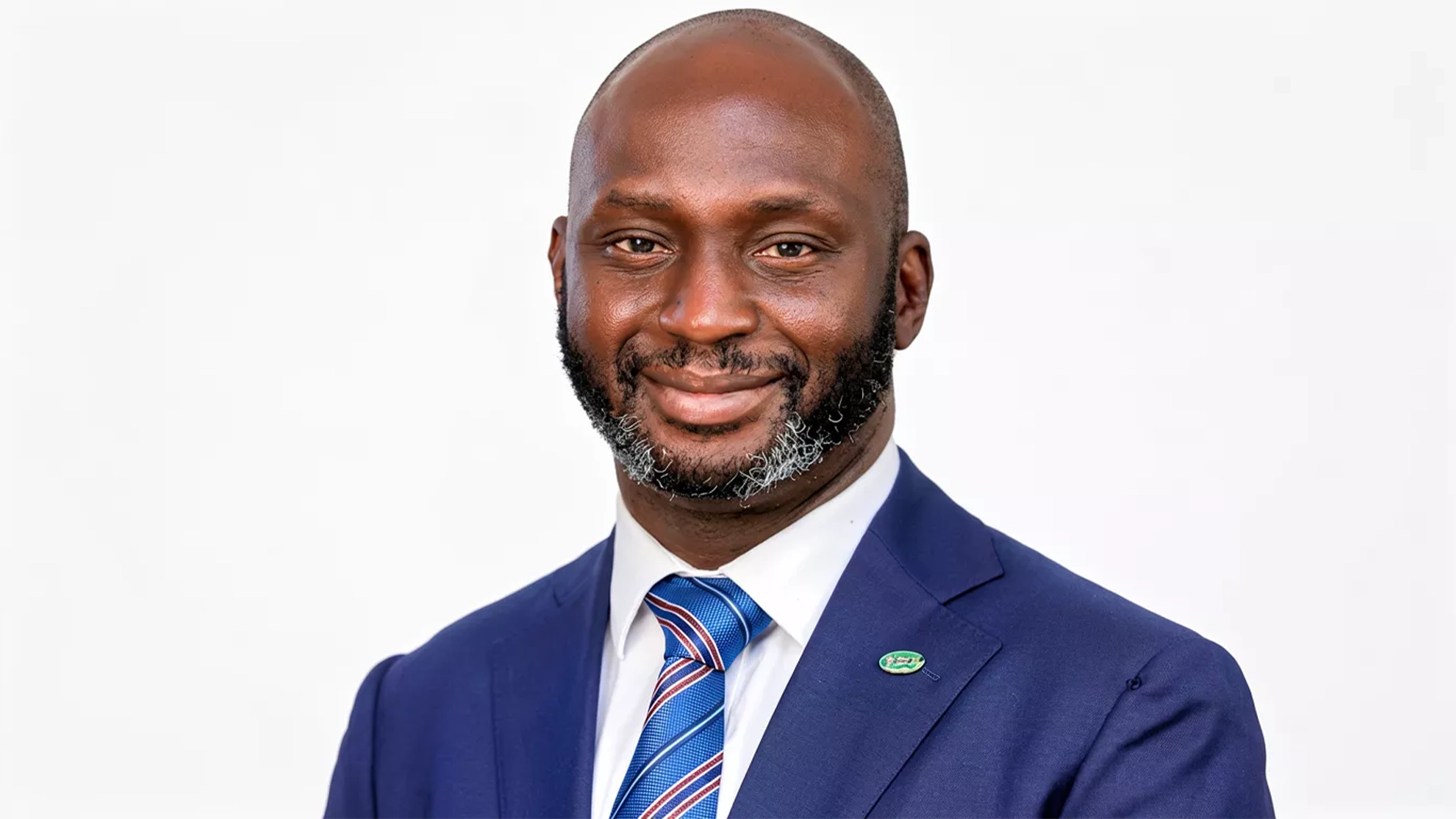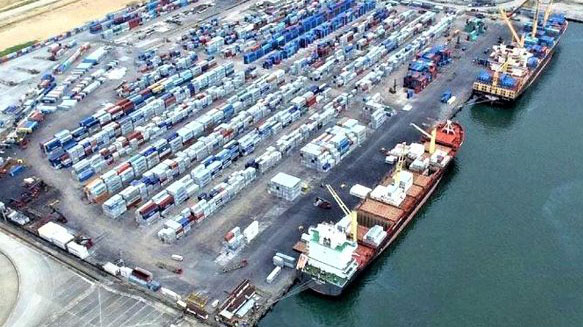The Nigerian Economic Summit Group, NESG, in collaboration with the Federal Ministry of Budget and Economic Planning, has officially announced preparations for the 31st Nigerian Economic Summit, NES#31, scheduled to take place from October 6 to 8 in Abuja.
Addressing newsmen at a press conference in Lagos on Tuesday, NESG chairman Niyi Yusuf said this year’s theme, “The Reform Imperative: Building a Prosperous and Inclusive Nigeria by 2030,” will focus on new reforms that will transform the country’s economy from its stable state to a growing one.
Mr. Yusuf explained that the summit will concentrate on accelerating structural reforms to enhance economic stability, promote inclusive growth, and position Nigeria to achieve its long-term development goals.
He noted that over the past three decades, the summit has evolved through five phases of the Nigerian economy, from the pre-reform crises of the 1980s and 1990s to the reform initiatives of the 2000s, the traction of Vision 20:2020, and the recent volatility caused by recession and the pandemic.
According to him, the summit serves as Nigeria’s primary dialogue platform for shaping priorities and building consensus between the government and the private sector in areas such as pensions, agriculture, and energy., Mr. Yusuf emphasised that Nigeria needs a second wave of reforms to build on the challenging policy choices already made.
 He stated, “The removal of fuel subsidies and the harmonisation of foreign exchange were courageous steps that brought short-term pain but created long-term opportunities. However, stability is not the destination; it is only the starting point. The Reform Imperative is not a choice; it is a necessity.”
He stated, “The removal of fuel subsidies and the harmonisation of foreign exchange were courageous steps that brought short-term pain but created long-term opportunities. However, stability is not the destination; it is only the starting point. The Reform Imperative is not a choice; it is a necessity.”
Minister of Budget and Economic Planning, Atiku Bagudu, who was ably represented by the director of macroeconomic analysis at the ministry, Felix Okonkwo, highlighted that NES#31 aligns with the government’s reform agenda.
He stressed that recent reforms, such as the removal of fuel subsidies and the harmonisation of foreign exchange, are yielding positive results. Okonkwo pointed out the Renewed Hope Ward Development Programme, recently unveiled by President Bola Tinubu, marks a significant shift in Nigeria’s strategy for economic development and poverty alleviation.
This initiative, according to him, aims to uplift more than 10 million economically active citizens, ensuring that ordinary Nigerians, particularly those at the grassroots level, directly experience the positive impacts of the administration’s ongoing economic reforms.
He added that NES#31 will address five sub-themes: driving industrialisation-led growth, building infrastructure for competitiveness, advancing inclusion for shared growth, strengthening institutions for sustainable impact, and unlocking investment amid global trade shifts.
“As we enter the Agenda 2050 era, NES#31 must help us sustain this momentum and translate resilience into renewal, ” he concluded.
The NESG called on the government, the private sector, development partners, and civil society to actively engage in the summit and contribute to building a resilient, inclusive, and globally competitive Nigeria by 2030.






